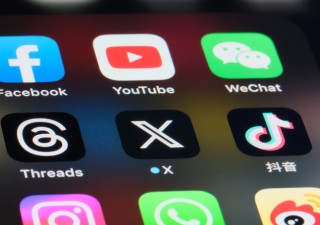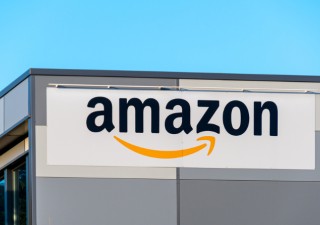UN Launches Global Campaign to Raising Awareness on Counterfeits
24 January 2014

The United Nations Office on Drugs and Crime (UNODC) has launched a global campaign to raise awareness of the illicit trade of counterfeits, which amounts to US$250 billion a year.
The campaign “Counterfeit: Don't buy into organized crime” informs consumers that buying counterfeit goods could be funding organized criminal groups, puts consumer health and safety at risk and contributes to other ethical and environmental concerns.
Consumers are urged to look behind counterfeit goods whose business is related to organized crimes. The illicit trafficking and sales provides criminals a significant source of income and facilitates the laundering of other illicit proceeds, according to the UNODC.
Moreover, “monies received from the sale of counterfeit products can be channelled towards the further production of fake goods or other illicit activities,” said the UNODC.
"In comparison to other crimes such as drug trafficking, the production and distribution of counterfeit goods present a low-risk/high-profit opportunity for criminals," says Yury Fedotov, executive director of the UNODC.
“Counterfeiting feeds money laundering activities and encourages corruption. There is also evidence of some involvement or overlap with drug trafficking and other serious crimes.”
A video promoting the campaign was launched on the NASDAQ careen in Times Square, New York, and is on air on several international TV stations.
Fraudulent medicines, brake pads and airbags, electrical consumer goods, baby formula and children's toys are just examples of many different kinds of counterfeit goods that put consumers’ health and safety at risk. With no legal regulation and very little recourse, unsafe and ineffective products and faulty counterfeit goods can lead to injury and, in some cases, death, said the UNODC.
Labour exploitation and environmental pollution is also related to producing counterfeit goods.
According to the office, in 2013, the joint UNODC/World Customs Organization Container Control Programme (CCP) detected counterfeit goods in more than one-third of the seized containers, despite being set up initially to intercept drugs.






